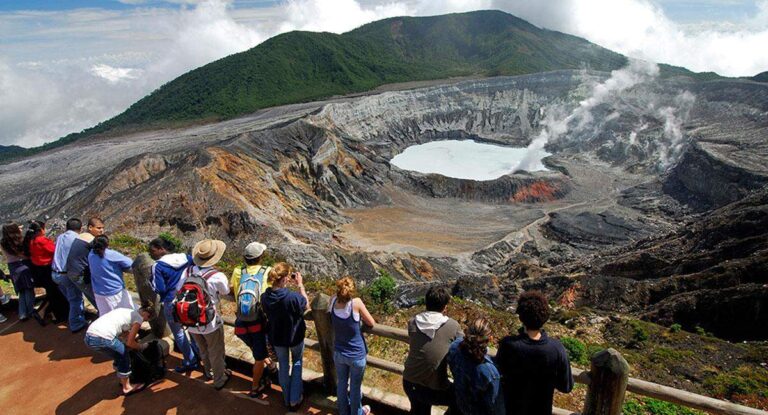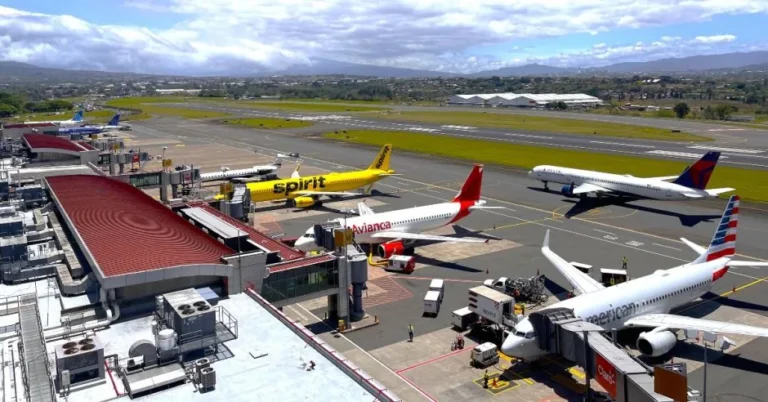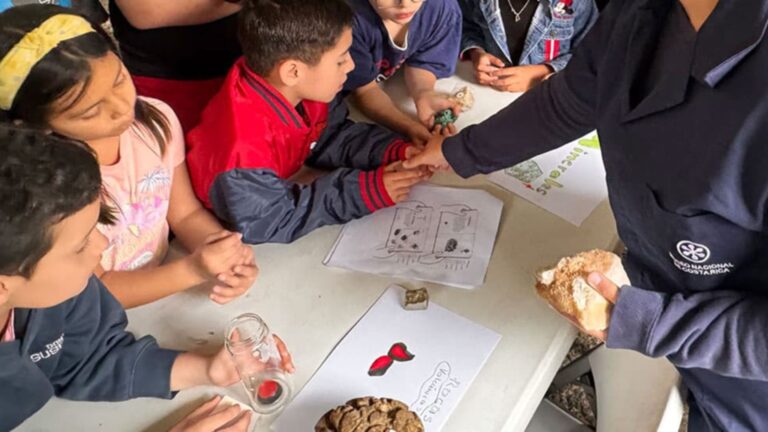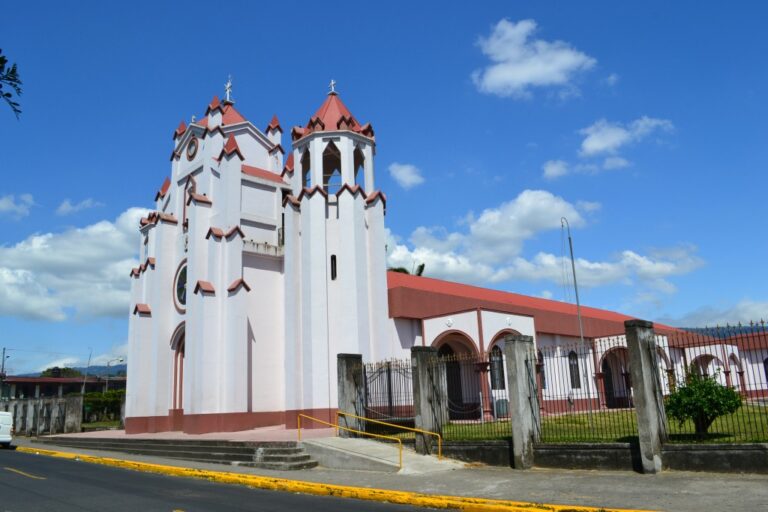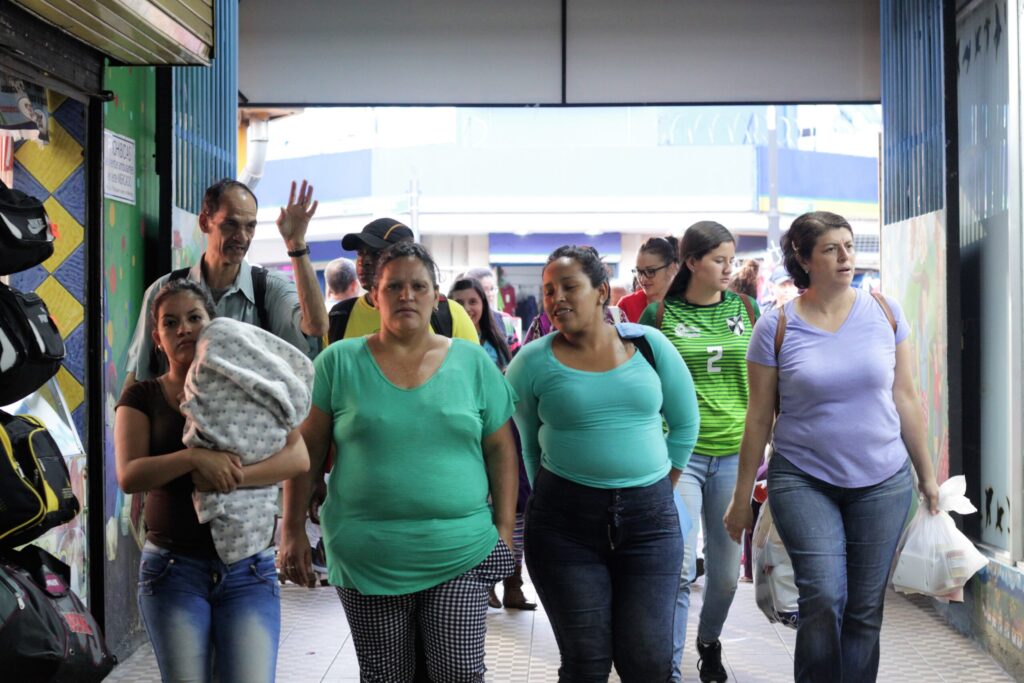A ¢1.7 billion colón deficit is jeopardizing emergency response across the country, just as it is needed most due to rising accidents and violence.
There’s an image every Costa Rican knows: the red and white ambulance arriving at a traffic accident, assisting in a flood, or responding to a medical emergency at home. For most, the Red Cross is the first human response line in a crisis.
Today, that frontline is in grave danger.
The Costa Rican Red Cross has issued one of its most serious warnings: it is facing a historic financial crisis. The current deficit amounts to ¢1.7 billion colones (approx. $3.2 million USD), a figure that risks the continuity of its operations. The most unthinkable consequence is already on the table: 66 cantonal committees—the local teams that serve your community—are on the brink of a technical shutdown.
This crisis hits at the worst possible time, creating a perfect storm. Just as the country is experiencing a surge in demand for emergency services, driven by the tragic increase in homicides and the persistent high rate of traffic accidents, the institution is forced to operate with increasingly limited resources.
The paradox is brutal: more emergencies mean more spending on gasoline, more medical supplies, more equipment wear and tear, and a greater need for personnel, but the funding is not keeping up.
The impact of these “66 committees at risk” is not a distant administrative figure; it is a direct threat to people’s lives. What happens if your canton’s committee closes? It means the next time you call 911, the ambulance might not be the one just minutes away, but one that must travel from a neighboring canton.
In a medical emergency, those “golden minutes” between the call and professional attention are everything. An increase in response time, no matter how small, drastically reduces a person’s chances of survival. Furthermore, it compromises the ability to respond to local natural disasters like floods or landslides, which require an immediate local presence.
The institution that has always been there to rescue others now needs to be rescued itself. This isn’t a bureaucratic problem; it’s a crisis that will be felt in the neighborhoods, on the highways, and in the most vulnerable communities that depend on that local committee to survive their worst day.









